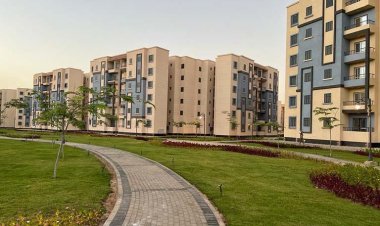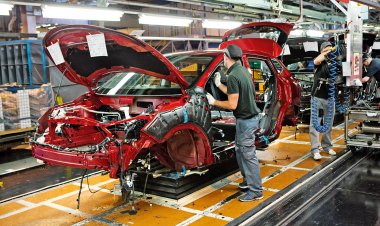Will Erdogan succeed in the upcoming presidential elections?
Will Erdogan continue in the presidency, or will the fragile opposition finish him off?
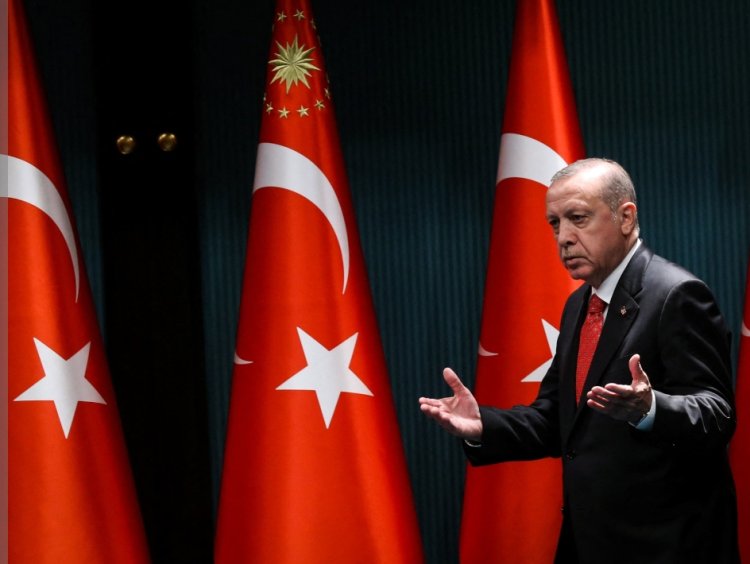
Turkey is witnessing pivotal elections in less than 4 months, during which President Recep Tayyip Erdogan will seek to maintain his position.
Turkish opposition will mobilize its full strength in the upcoming presidential elections, to prevent the extension of Erdogan's 20-year rule to another presidential term until 2029 but “Some see the opposition coalition as fragile”.
Turkish presidential elections and the position of the opposition
According to the American “Bloomberg” Network, the largest ever gathering of opposition leaders in Turkey seeks to settle differences and choose a candidate to confront Erdogan in the upcoming presidential elections.
Recent polls indicate that less than half of the country's electorate is expected to vote for Erdogan's Justice and Development Party.
Erdogan's opponents are looking forward to stopping what they described as an authoritarian regime and one-man rule, after the current Turkish president dominated everything in Turkey.
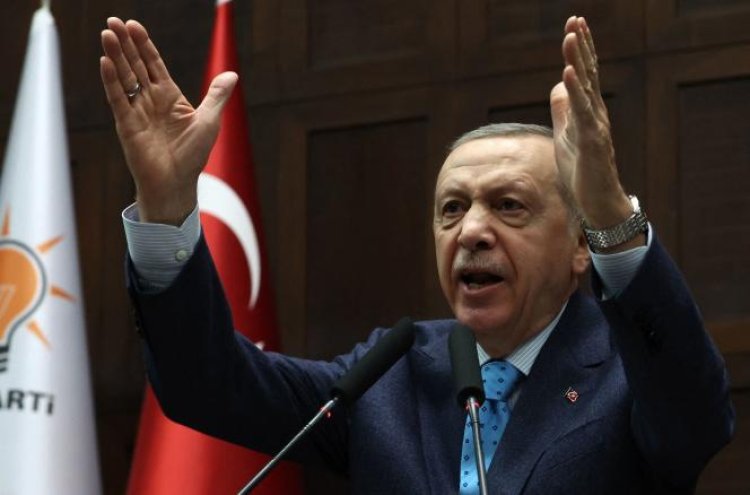
crises facing Turkey
The elections come amid a major crisis in life in Turkey, which has affected the poor in particular, who are the segment that strongly supports Erdogan.
Opinion polls highlight voter frustration with inflation, the state of the economy, and Erdogan's management of it over the past few years, but the Turkish opposition has failed to exploit those factors that could tip it.
Turkish election date
Erdogan's decision to advance the elections by more than a month, to be held on May 14, instead of June, increases the urgency of opponents to agree on a unified strategy and nominate a presidential candidate.
while the opposition pledged to run the country in agreement between all parties, in the event of winning the elections, Erdogan rejected the idea as a “return to political and economic instability.”
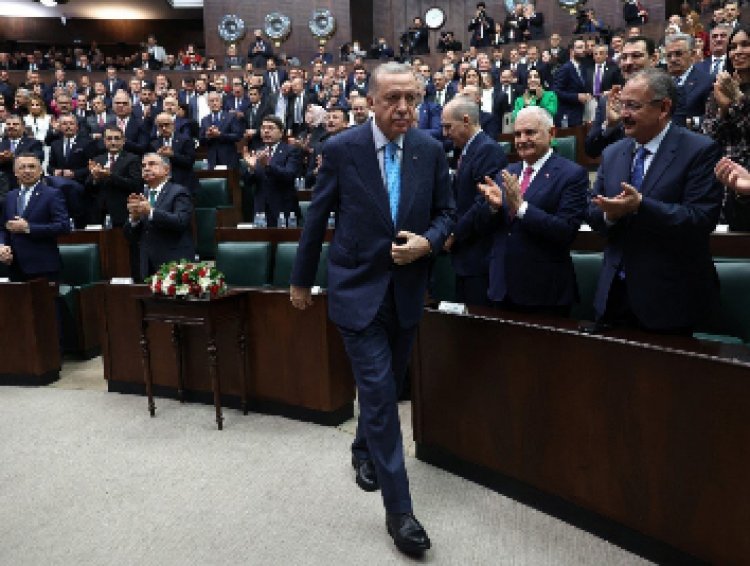
Erdogan is trying to attract voters in his favor by offering incentives, targeting students, workers, business owners, passengers and others, on top of which are tax exemptions, cheap loans, energy subsidies, and even pledges not to increase road and bridge tolls.


 Shrouq
Shrouq 








